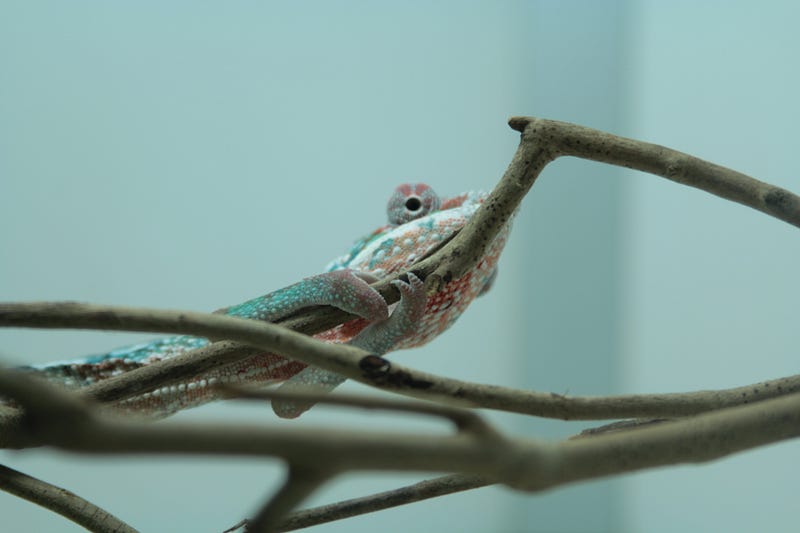
Sitting near the window in the cafe, I kept busy while occasionally glancing at the time on my watch. Where could he be? He gave no response to my messages, and it had been 45 minutes since our appointed meeting time.
Could he be dead?
If your response to my thought is, “Don’t you think you’re being just a bit melodramatic?”, then you probably don’t understand the reality for the population of persons I serve each day.
Autistic adults are killing themselves in droves.
Not that our media seems to be taking up any sort of call to action, or even much notice, but we have seen research in the last three years pointing to an ugly truth: autistic adults face an average life expectancy of 38 years of age. I’ll leave it to you to ponder on the cause of this horrid statistic.
It’s been estimated autistic, or neurodivergent persons, see a suicide rate which is between nine and thirty-eight times higher than the average for suicides of the neurotypical population. And even more tragic– these are diagnosed autistic persons, and not the many autistic persons who live in hiding, those who mask their neurodivergent minds from the rest of the world in order to try and fit in to it… or those who have no idea they are autistic because what it means to be autistic is so widely misrepresented.
These autistic persons, social chameleons live just under the radar screen of mainstream notice, each of them exerting tremendous personal energy each day in hopes of fitting in to some measure of cultural normality. They’re living exhausted from trying. I’ve witnessed this deep exhaustion firsthand, in the persons I serve. In myself.
The disabled community has a codeword phrase about running out of “spoons,” and I know many who live each day using plasticware, doing everything they can just to keep swimming in the current of life.

Nerds, weirdos, odd, eccentric. Dying to be known. Dying.
When I speak to groups, or even individuals, I usually describe this yearning, this search I see borne out in the lives of autistic adults, as a decades-long striving to find the “frequency” of the social communications landscape around them. And if you don’t see this happening around you, then might I gently suggest- you’re probably not looking into the stream of human lives around you.
And not-so-gently, I need to say, if you’re seeing neurodivergent people desperately trying to connect with others, and you do nothing-– then you are complicit in their deaths.
It has been my privilege, and often my bittersweet burden, to have been given passport by the autistic community to understand their deep struggles to be known, given the lack of dignity of acceptance by the broader communities around them. I’ve discovered through empathetic intentional engagement, the stories and the hearts of many autistic persons.
Eventually, I discovered my own story.
It is not uncommon for me to be in a conversation for a few moments and to have autistic persons begin to weep in my presence. And while I seek to give them dignity, comfort in their tears, my deepest gift is to simply assure these persons they are fully accepted just as they are by me.
So, given autistic adults are extinguishing themselves from the human landscape in what should be horrifying, blaring wake-up-call numbers, what am I asking of you?
More services, more money, more therapies, more searches for “cures,” more autism organizations living off of the fears of autistic parents?
No.
I’ve come to believe we are each called to seek personal opportunities to engage with neurodivergent persons, find a different perspective in seeing beyond false social safety obstacles, and create new narratives for accepting all persons as unique, of infinite value.
Do I think we can actually reverse the tide of ruin for autistic persons in our communities? Can we rewrite the ending for the story of untold numbers of autistic, neurodivergent persons in our communities? I believe we can, and I’d like to suggest a very simple approach for us to try.

In the places you are today, whether it be schools, workplaces or homes, could you simply stretch out your connectivity muscles, open your eyes to see even one odd duck person nearby, and ask them about their lives, their story? Just the simple gift of empathetic listening can have impact. I’ve seen it happen, witnessed transformative results for hopeless persons.
Too difficult for us? I really don’t think so, in fact, I’ve been graced by sharing the life story with persons outside of my standard social “zone” more times than I can count. It can have profound results. For everyone.
Engage.
Encourage.
Rewrite the narrative.
Save a life.
Save your own heart.
Do it today.
Copyright © by J. David Hall, Life Guides for Autism | NeuroGuides (2018)
Passionately focused on guiding neurodivergent persons to discover their strengths, gifts and enjoy meaningful lives. A relentless optimist, an encourager who is out to build up individuals, to better communities one great relationship at a time.
- State of Dis-Union: The NeuroDiversity Movement At A Crossroads And Why It Should Matter To Everyone - April 21, 2021
- An Unwanted Hill to Climb: The Challenges Autistic Adults Face in Social and Occupational Settings - October 10, 2020
- In Our Autistic Eyes - August 18, 2019


2 Responses
“Stand in the gap”?
Baby, I have lived in the gap for so long
that I have *become* the gap.
Don’t even try to gaze into this abyss, because you won’t see anything
but your own reflection,
and you won’t like it
at all.
This piece sheds light on a sobering reality often overlooked. Engaging with neurodivergent individuals on a personal level is indeed a small but significant step towards fostering acceptance and rewriting societal narratives.
Pool Fences in Stamford CT